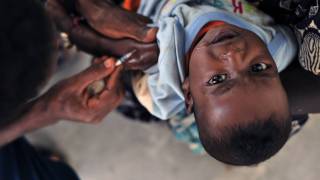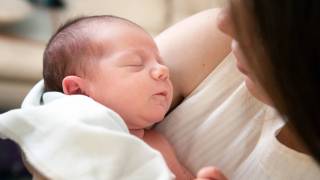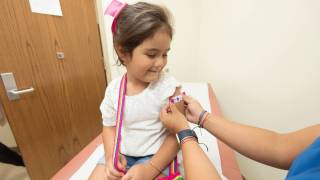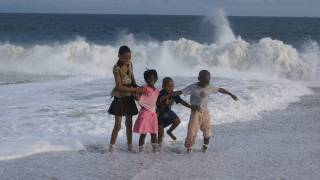WHO Issued Measles Warning For the Americas
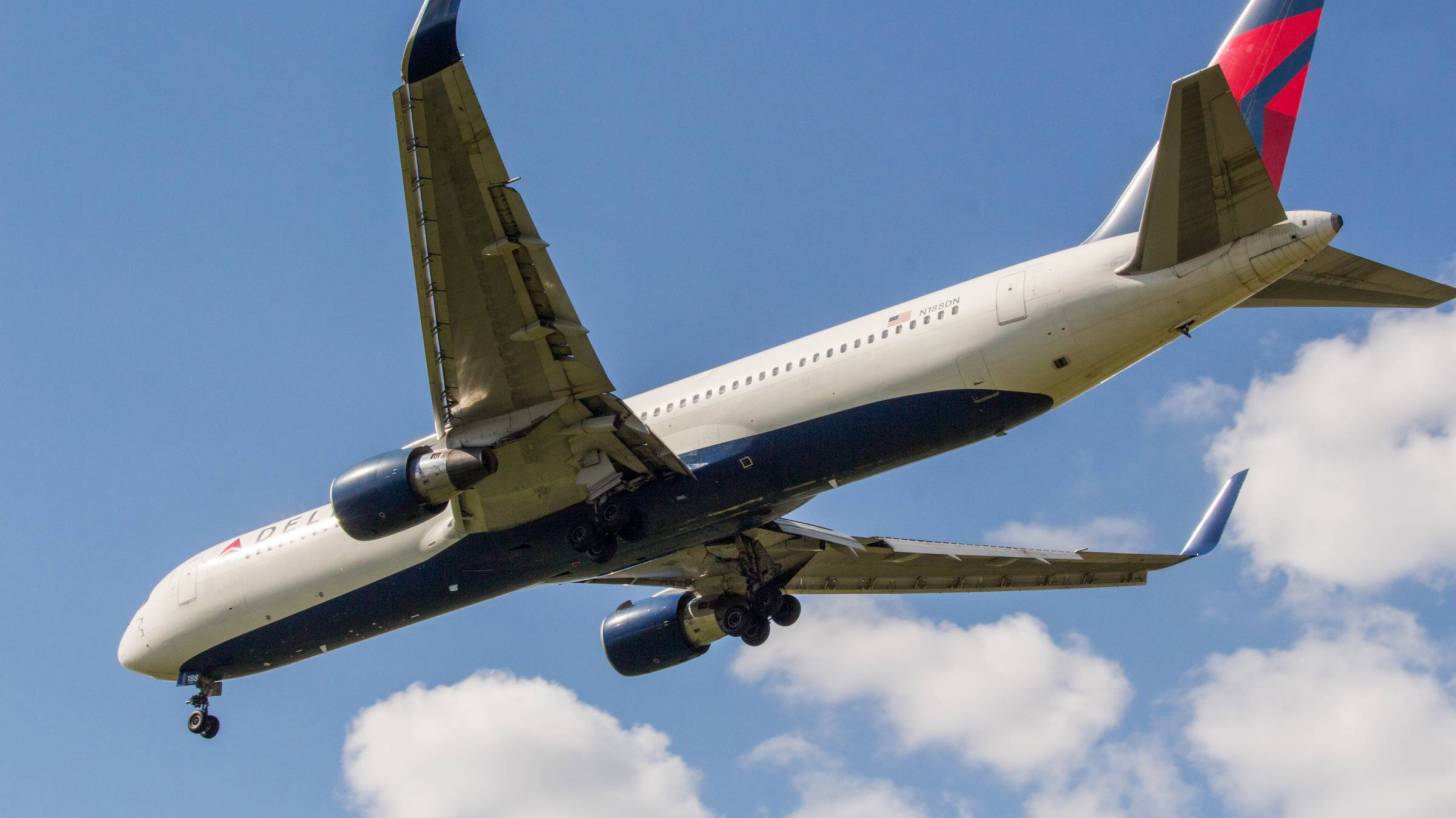
The World Health Organization has issued a warning regarding the ongoing measles outbreaks in the Americas and Europe stating that health officials should redouble efforts to vaccinate their populations, according to an epidemiological update.
Measles was declared eliminated from the Americas in 2016 by the Pan American Health Organization and the World Health Organization (PAHO/WHO).
Culminating in a 22-year effort involving mass vaccination against measles, mumps, and rubella, the Americas Region was the first in the world to have eliminated all three diseases.
However, the highly contagious nature of the measles virus and the fact that both it and the rubella virus continue to circulate in the rest of the world, means the Americas Region is now at risk of outbreaks, says the PAHO.
"I'm deeply concerned that the return of measles to Venezuela and adjoining nations Colombia and Brazil, together with new measles outbreaks in Minnesota in 2017, and now in 2018, Texas and Kansas, could represent an ominous trend for the Western Hemisphere," said Peter Hotez, MD, PhD, FASTMH, FAAP, Dean, National School of Tropical Medicine, Baylor College of Medicine.
According to health officials, the best protection against the measles virus is the measles-mumps-rubella (MMR) vaccine.
In the last five years, the Americas Region coverage with the first dose of the MMR vaccine has ranged between 92 percent and 94 percent.
During 2018, there have been 8 countries in the Americas Region reporting confirmed cases: Antigua and Barbuda (1 case), Brazil (14 cases), Canada (4 cases), Guatemala (1 case), Mexico (4 cases), Peru (2 cases), the United States (13 cases), and Venezuela (886 cases in total, 159 cases in 2018), according to the epidemiological update.
This follows 4 countries in 2017 reporting confirmed measles cases: Argentina, Canada, the United States of America, and Venezuela.
Separately, measles cases in the European region quadrupled in 2017.
With over 3 billion airline passengers annually, the risk of in-flight transmission of infectious diseases is an important health concern.
Which means, in the United States, most of the measles cases result from international travel. The disease is brought into the United States by unvaccinated people who get infected in other countries.
During 2018, there have been several measles alerts issued related to international travelers.
In response, the US Centers for Disease Control and Prevention (CDC) have issued measles Travel Alerts for various countries.
In light of this situation, PAHO/WHO has recommended the following to its countries:
- Vaccinate to maintain 95% homogeneous coverage with the first and second doses of the measles, mumps, and rubella (MMR) vaccine in all municipalities.
- Strengthen epidemiological surveillance in public and private health services to detect suspected cases.
- Respond quickly when an imported measles case is detected in order to prevent the reestablishment of endemic transmission of the virus; this includes activating teams to follow up on patients with measles and their contacts.
- Maintain a reserve of measles-rubella (MR) vaccines in each country of the Region for imported case-control actions.
Measles is one of the most contagious diseases and affects primarily children. It is transmitted by airborne droplets or via direct contact with secretions from the nose, mouth, and throat of infected individuals.
Measles can cause serious complications including blindness, encephalitis, severe diarrhea, ear infections, and pneumonia, particularly in children with nutritional problems and in immunocompromised patients.
Anyone who is not protected against measles is at risk of getting infected when they travel internationally.
In the USA, two measles vaccines are available, MMR-II and ProQuad.
The CDC Vaccine Price List provides the private sector vaccine prices for general information, and vaccine discounts can be found here.
Most pediatricians and pharmacies offer the measles vaccines.
Vaccines, like any medicine, can have side effects, says the CDC. You are encouraged to report negative side effects of vaccines to the FDA or CDC.
Our Trust Standards: Medical Advisory Committee








